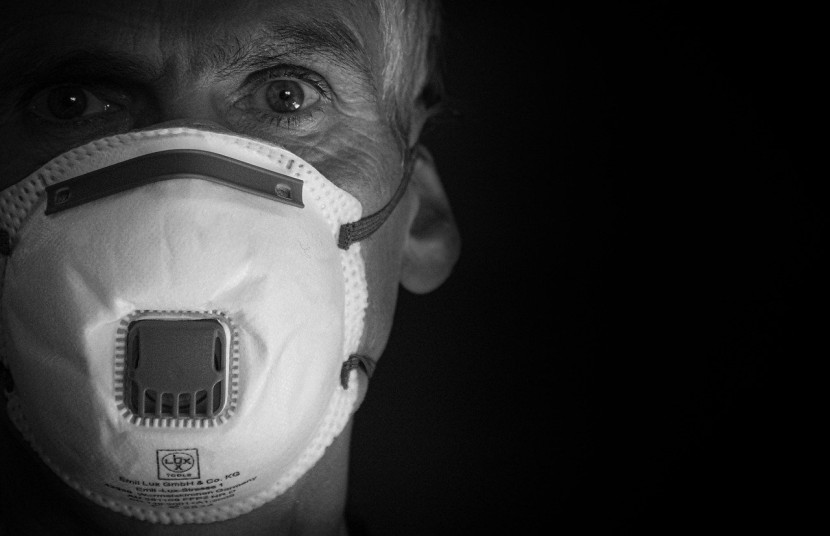
Millions in the US got laid off as a result of the coronavirus outbreak. Many of those people had been dealing with debt before, and the financial crisis only exacerbated the situation. Even those who found it easy to stay afloat before might be struggling now.
While nobody wants to suffer the consequences of filing for bankruptcy, it might be a necessary course of action.
You might be dreading the idea, but it can help you regain some sense of control and even help you get back on your feet. However, it's not the only possibility. Let's take a look at how to best gauge the circumstances and determine the best next step.
Financial Instability and Stimulus Checks
If you lose your income, you can reduce expenses, but costs and debts will still accumulate. Luckily, federal, state, and local governments provide safety nets to citizens, if only temporarily.
The stimulus package can be invaluable for struggling individuals, but it's not a long-term solution. It covers food, rent, and expenses, but you're back to square one after spending it.
Another aspect entails payment relief. It was especially prominent with rent in the US, but it hasn't solved the problem, only delayed it.
Looking further ahead, you must consider your financial standing and payment requirements for the months to come. Did your creditor shift payment to a later date or cancel it? Will the same debt show up again next month?
Creditor Arrangements
If you know you'll have to cover these expenses later, conserving money now is the best way to prepare for the future.
Many debt types, including mortgages, credit card bills, and student loans, can likely move several installments to the end of your repayment term. These programs can be a great advantage, as they won't come back to haunt you as soon as the crisis is over.
Remember, you shouldn't stop making payments because a new relief plan was announced in the news. Apply for it and wait for a qualification confirmation to avoid costly mistakes.
Develop a Strategy
After you talk to creditors and take advantage of the programs at your disposal, you'll have enough information to plan. At this point, you can decide whether it's inevitable to pay for bankruptcy.
First, consider how much income you have. Compare it with your regular expenses, including bills, food, and installments that you couldn't delay. If you find it's impossible to cover all the costs with your income, you have two options.
Negotiating debt is the first alternative. Go to the lenders and discuss whether they'd accept a lesser payment than what you owe.
Even creditors will find themselves in debt and will likely take what they can get. If you succeed, you might be able to avoid bankruptcy. If not, filing is the next step.
Qualifying for Bankruptcy
Bankruptcy allows you to wipe out bills accrued during the crisis. It doesn't cover all debts, but it resolves medical charges, rent, and credit card balances.
Those with a 'negative' income will be eligible, which is likely after getting laid off. The Means test determines your eligibility, but it's not the only factor. You'll need a lawyer to walk you through the process one step at a time and ensure you're doing it right.
Be sure you're hiring a respectable, trustworthy attorney. Luckily, many organizations help you find reliable service without leaving your home, state those at LawTally.
Final Thoughts
Accept that this course of action is sometimes unavoidable. It's not your fault that you got laid off, it's the pandemic. The earlier you decide it's a must, the sooner can you start getting back on your feet.








